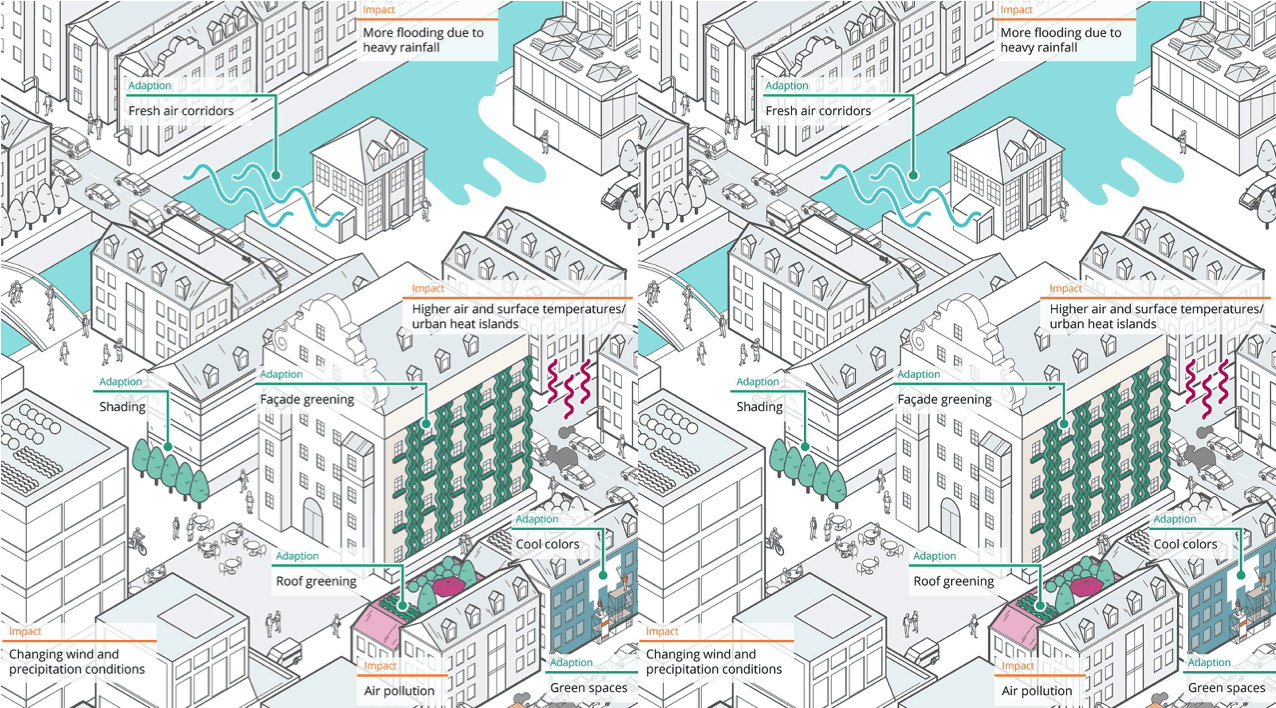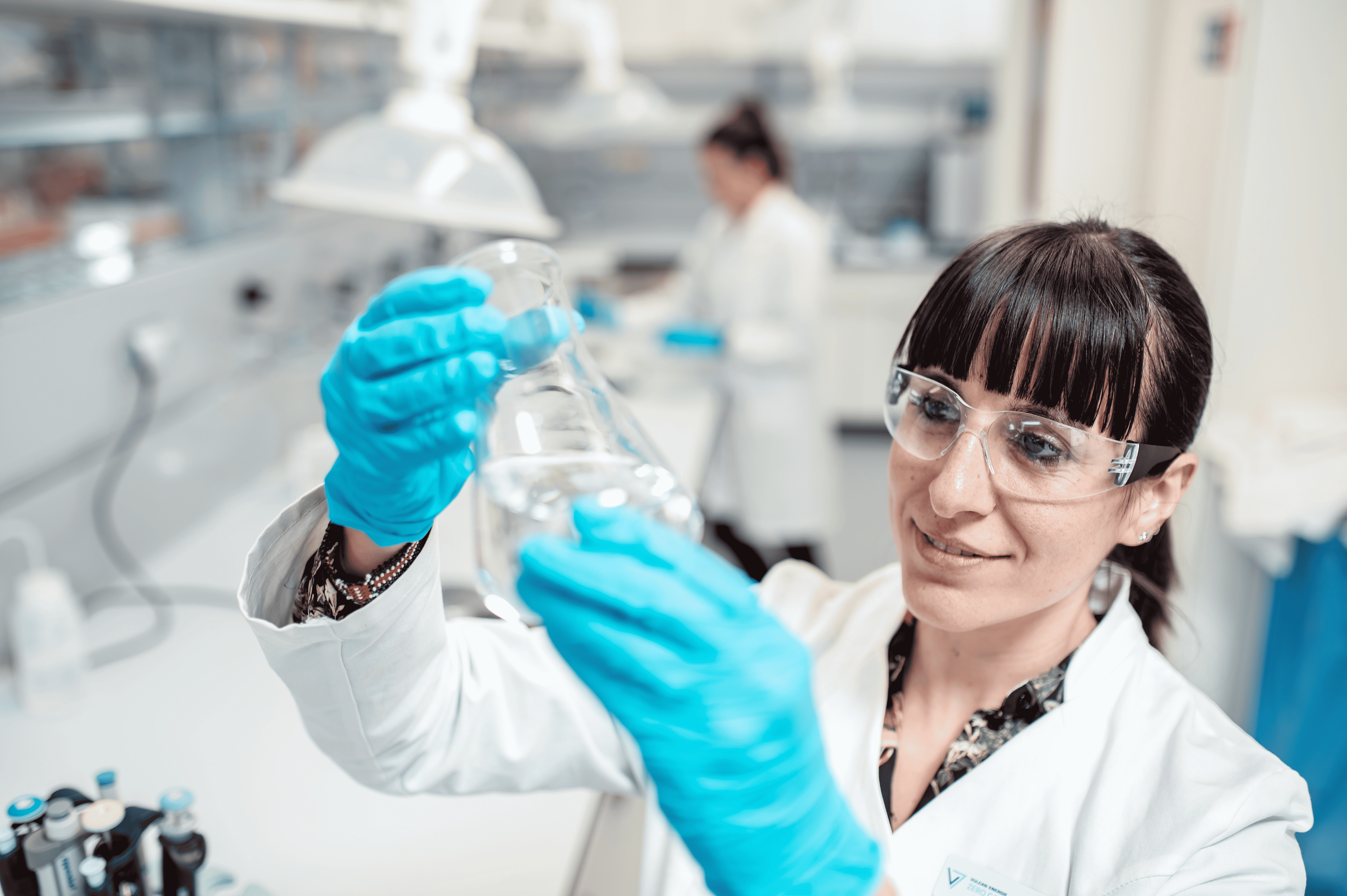
Sometimes it’s useful to be smaller if you want to make a change. It gives you more agility, something that holds true for companies and countries alike. Here in Germany, one of the largest European countries, actions to mitigate climate change and promote sustainability can seem very bureaucratic and slow.
⛰️ Just south of the border in much-smaller Austria, a small farming community has taken things into its own hands, with high-tech results you wouldn’t normally associate with a small town, as Hildegard Suntinger reports. The town of Schnifis is located in the Vorarlberg region, an area better known for hiking and skiing. Skiers and hikers, make way for a circular energy economy!
🚜 Another small European country not to be underestimated is Portugal. Here, a start-up has aims to make farms smarter, more productive and more sustainable by using data. You can think of it as ERP software for agriculture, an area that has traditionally been overlooked in the digital revolution. That is now changing: 4,000 farmers in Portugal have already digitized their farms using Wisecrop. Today Portugal, tomorrow Spain, and then the world!?
🦟 As the climate warms, tropical species are slowly expanding their habitats northwards and seasonal animal behaviors are changing. While we may welcome songbirds earlier in the spring, malaria-bearing mosquitoes are a different matt er. Continuing with the theme of small countries, Scotland with its University of Glasgow is leading the research in quickly identifying mosquitoes that can transmit malaria. While malaria is associated with tropical countries, it once was common in Europe, too. Perhaps this new method could help stop it from expanding its deadly reach again.
👴 It isn’t just farms that have been slow on the uptake in the digital revolution. The elderly have also had a tough time getting on the bandwagon. I recall years ago seeing an elderly gentleman fumbling with the ATM at his bank, a technology that now seems prehistoric. The elderly and people in rural areas in Hungary have gotten a boost in this regard and are using google for the first time in their lives, as reported by Zsuzsi Palotas. A whopping 50 percent of the country has never used the internet or a smart device. The country’s National Digitalization Strategy aims to change this with a comprehensive program.
🛢️ The war in Ukraine still rages on. There is much buzz about decreasing dependency on Russian oil and gas so that we are not indirectly complicit by providing financing through the back door. But how realistic is it to completely decouple our economies from this energy source? This is not so easy, as Martin Visser points out that the energy transition needs more than neoliberalism, using the example of the Netherlands.
Sustainable energy is anything but easy. Perhaps this war will provide us with the motivation to put in the effort required to find solutions – regardless of the inconvenience and cost.
I wish you a pleasant, start-of-spring week!
Brenda Arnold
Munich correspondent Innovation Origins







